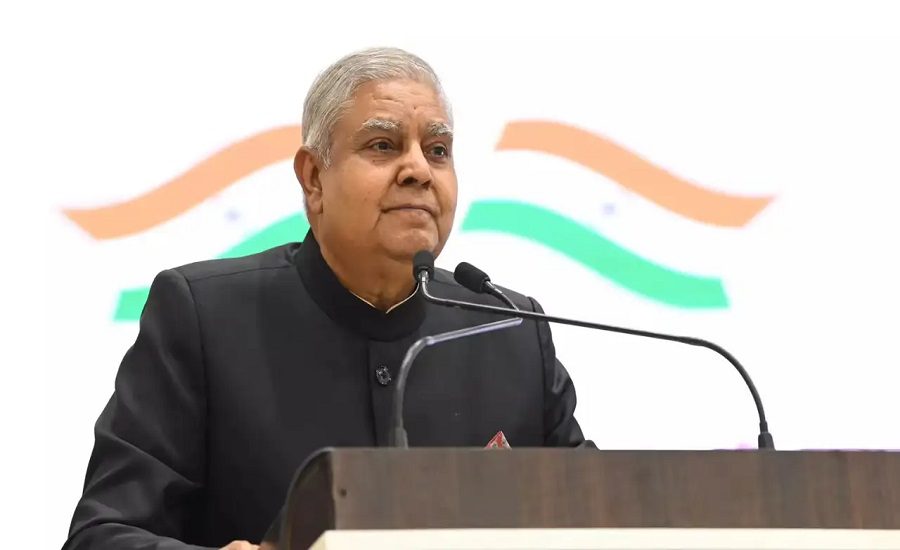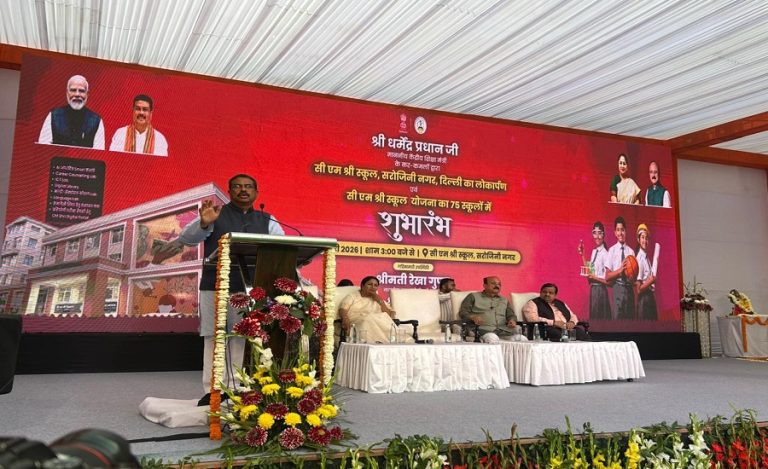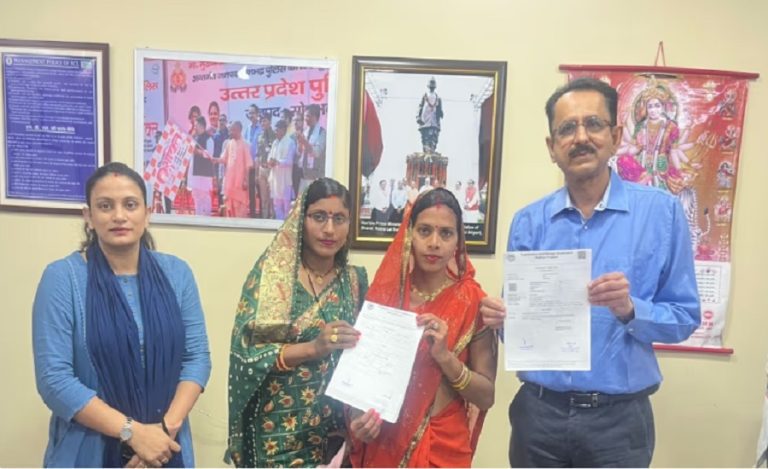New Delhi: Three days after Vice President Jagdeep Dhankhar tendered his surprise resignation citing health reasons, his official secretariat has been shut down and a significant number of officers deputed to assist him have been repatriated to their parent cadres, senior officials confirmed on Thursday.
The closure of Dhankhar’s office and swift exit of staff from the newly constructed Vice President Enclave has intensified speculation around the circumstances of his abrupt departure, which some sources claim stemmed from growing strains in his relationship with the government.
VP Enclave Largely Vacant, Keys Handed Over
The enclave, built specifically for the Vice President, includes a separate wing for the secretariat. As per officials familiar with the development, that wing is now locked. “One by one, the officers have left. The keys were handed over to the two under-secretaries,” a government official stated on condition of anonymity.
At present, only a handful of government officers remain, awaiting formal repatriation orders. “They too are likely to leave soon,” said another source, emphasizing that such transitions are routine protocol following a constitutional authority’s exit from office.
Read Also: Do You Know? Jagdeep Dhankhar, The Man Who Turned Down IAS to Build a Legal Legacy
Staff Repatriation in Line with Norms — But Pace Raises Eyebrows
According to a government functionary, the secretary to the VP, his officer on special duty (OSD), and principal private secretary—all IAS officers—have returned to their respective services. “It’s standard procedure. Their appointments were co-terminus with the Vice President’s tenure. Officials usually get up to 15 days to wrap up and report back,” the source said.
Yet, observers note that the speed and scale of the shutdown—especially the immediate vacating of rooms—suggests more than just protocol at play. “It’s unusually fast, given the official 15-day window,” a senior official remarked.
Jagdeep Dhankhar: First Occupant of the VP Enclave Now Preparing to Vacate
Dhankhar, 74, was the first occupant of the palatial Vice Presidential Enclave and now has a month to vacate the premises. He is entitled to a Type VIII bungalow or its equivalent, along with five personal staff whose salaries will be covered by the government.
Following his resignation submitted late Monday to President Droupadi Murmu, Dhankhar reportedly began packing immediately. His decision came just after presiding over the first day of the monsoon session of Parliament in the Rajya Sabha.
Resignation Amid Reports of Tension with Government
Officially, Dhankhar cited health concerns in his resignation letter:
“To prioritise health care and abide by medical advice, I hereby resign as Vice President of India, effective immediately, in accordance with Article 67(a) of the Constitution.”
However, insiders and political analysts point to recent friction between Dhankhar and the government, particularly over his handling of a notice to impeach Justice Yashwant Varma—a move supported by the Opposition. His decision to allow the notice to be admitted in the Rajya Sabha reportedly irked the ruling dispensation, especially since a similar notice was submitted in the Lok Sabha.
Political Leaders Denied Audience
Since his resignation, Dhankhar has reportedly refused appointments to senior political leaders eager to meet him. According to three senior leaders, Mallikarjun Kharge (Leader of the Opposition in Rajya Sabha), Sharad Pawar, and members of the Aam Aadmi Party have tried to seek an audience with him, but to no avail.
This has added further mystery to his resignation, sparking speculation over whether the exit was entirely voluntary or hastened by political differences and institutional friction.
Background: A Short But Eventful Tenure
Jagdeep Dhankhar was sworn in as the 14th Vice President of India on August 11, 2022, succeeding M. Venkaiah Naidu. A former Governor of West Bengal and senior BJP leader, his tenure was marked by assertive interventions in parliamentary procedures, earning both praise and criticism.




























